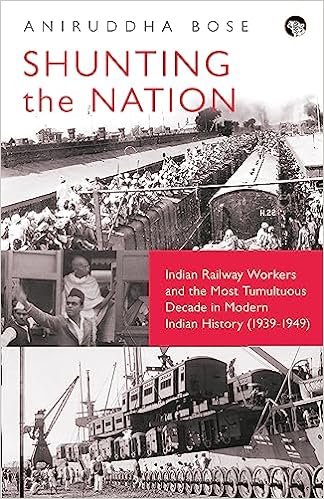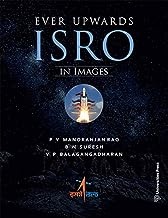Description
The period 19391949 was the most turbulent decade in modern Indian history—it saw the tumult of the Second World War, the unrest during the Quit India movement and the final phase of the freedom struggle, and the horrors of Partition. While most studies of this time focus chiefly on the defining contributions of the Indian nationalist leaders and the role played by the British, it is also important to record the efforts of millions of others in meeting the enormous challenges of the period. Shunting the Nation records the contribution of the workers—men, women and children—who ensured the smooth functioning of the railwaybased travel and communication system in the Subcontinent, even as regimes changed, new borders were drawn and everything seemed to be falling apart.
During perhaps the most demanding time in the history of any railway workforce, these workers navigated overcrowded trains, food shortage, famine, disruption of coal supplies, communal riots and an administration close to collapse, in order to ensure humanitarian relief, swift movement of troops and weapons, and transport of over three million refugees. Equally remarkable was the workers’ successful negotiation of the contrary demands of their employment—by the British—and their nationalist, proindependence sentiments; as was the classbased solidarity of their unions which triumphed over barbaric sectarian divisions. Drawing on memoirs, newspaper reports and government documents, Aniruddha Bose’s passionate narration of railway history brings to light the inspiring and valuable role played by these unsung heroes in the modern histories of India and Pakistan.







Reviews
There are no reviews yet.